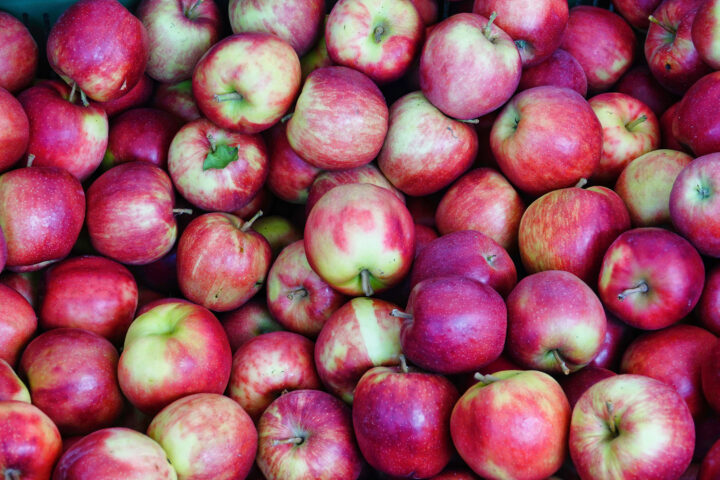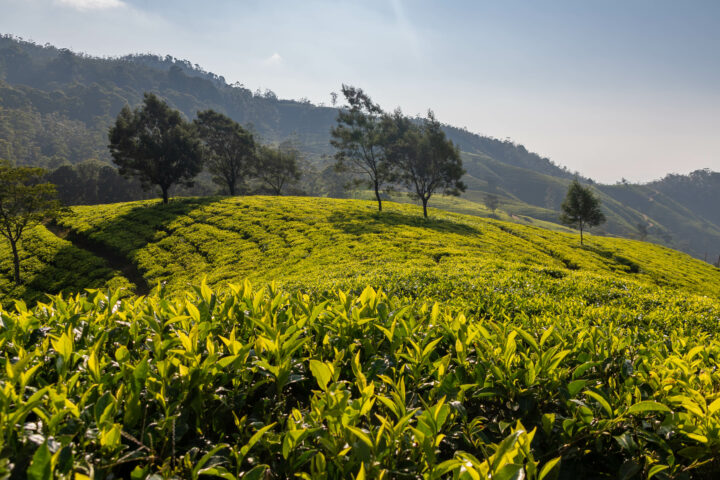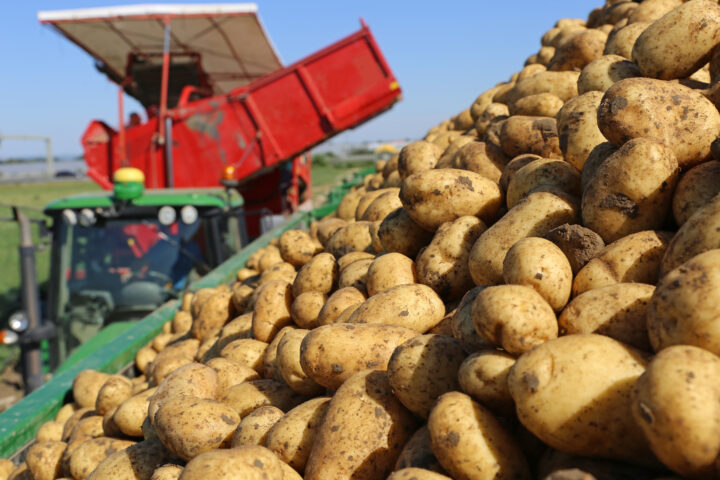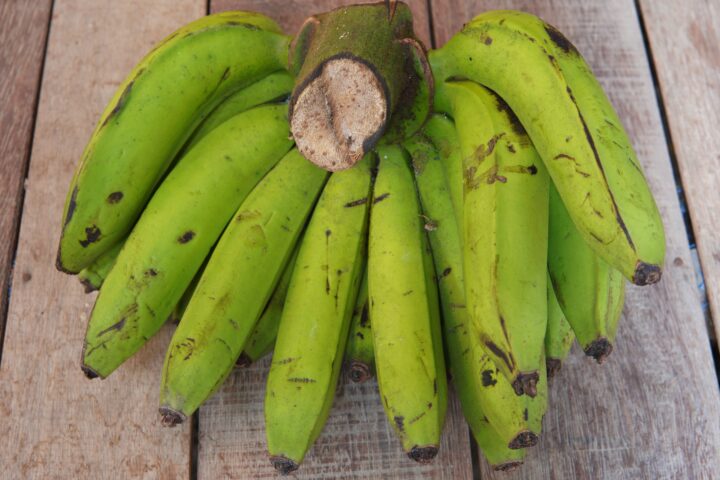
The Return of Price Sensitivity
In the past few years, consumer attention has centered on organic and high-end products, with eco-friendliness serving as a key decision-making factor. Now, rising inflation is shifting that focus. Increasingly, price is taking center stage, a trend highlighted by the growth in sales of more budget-friendly brands. This shift also draws attention to the economic and social aspects of sustainability.
Sunday, February 26, 2023
As reported by "NZZ am Sonntag," Switzerland is experiencing a shift from an "organic boom to a budget boom." Despite its relatively successful fight against inflation, Switzerland has seen the cost of many goods—especially food—rise sharply. For example, in 2022, the price of eggs soared by 14%, cheese by 6%, and bread by 4%, compared to an overall inflation rate of 2.8%. Consumers are noticing and reacting, gravitating towards more affordably priced products. The budget lines "M-Budget" from Migros and "Prix Garantie" from Coop are reaping the benefits, with especially strong sales growth. Discount retailers like Aldi and Lidl are also confirming a consumer trend toward more cost-effective options.
A Pivot in Consumer Priorities
This changing landscape can be seen as a pivotal moment in consumer behavior. Major retailers have been consistently expanding their range of organic and premium products for years. However, according to a survey conducted by the Swiss shopping list app "Bring," price is now overwhelmingly the most critical issue for shoppers. Over 70% of respondents expressed concern about rising costs, while only a third still prioritize eco-friendliness. Supporting this trend, sales numbers for organic goods have stagnated; Bio Suisse will release its data in April, but neighboring Germany has already reported a contraction in its organic market for the first time in 2022.
The Intersection of Price and Sustainability
The recent bankruptcy of the organic chain Müller serves as a case in point for this changing landscape. It underscores the reality that consumers have a limit to how much they are willing to pay, even for eco-friendly products. Sustainability isn't just about being green; it also needs to be economically viable. If a product is environmentally superior but prohibitively expensive, it can't really be considered sustainable. This sentiment was highlighted in our latest newsletter. Additionally, governmental policies and increasing regulations are adding to the cost burden on both producers and consumers. Babette Sigg, the President of the Swiss Consumer Forum, points out in “NZZ” that current trends towards more regulation and consumer education are only serving to push prices higher.
A Comprehensive View of Sustainability
Sustainability discussions often overlook the productivity aspect of agriculture. True sustainability requires efficient use of resources—land, water, fertilizer, pesticides, labor, and money. Essentially, any agricultural activity is a modification of nature. While the belief that organic farming is beneficial for both the climate and biodiversity is widespread, emerging studies are questioning this notion. For example, the larger land footprint of organic agriculture reduces the availability of land that could absorb greenhouse gases. A study from the UK also suggests that such expansive land use negatively impacts biodiversity more than intensive agriculture on smaller plots would. Given the ever-increasing global population, agriculture must aim for both economic and ecological efficiency, ensuring both profitability for farmers and affordability for consumers, while also acknowledging the social implications.
Sources
Related articles

Where the focus lies in apple breeding
The new head of Agroscope's fruit breeding research group is Andrea Patocchi. In an interview with the trade journal Obst + Wein, he explains where the focus of apple breeding lies today.

Chinese robot picks tea
There is a shortage of tea pickers in China. A robot developed by a researcher is set to remedy the situation and take over the work in future. Thanks to artificial intelligence, the machine can even recognise the shoots of the tea plant. The first harvesting robots are also already being developed in Switzerland.

Potato farmers want robust varieties
As the use of pesticides is to be massively reduced, the potato industry now wants to focus on more robust varieties. The industry has even concluded a target agreement with the federal government. This is ambitious: By 2040, robust varieties are to thrive on 80% of potato cultivation areas.

How genetic engineering is saving the Cavendish banana
The most popular banana variety - the so-called Cavendish banana - could soon disappear due to a persistent fungus. Australian researchers have developed a solution based on genetic engineering.

